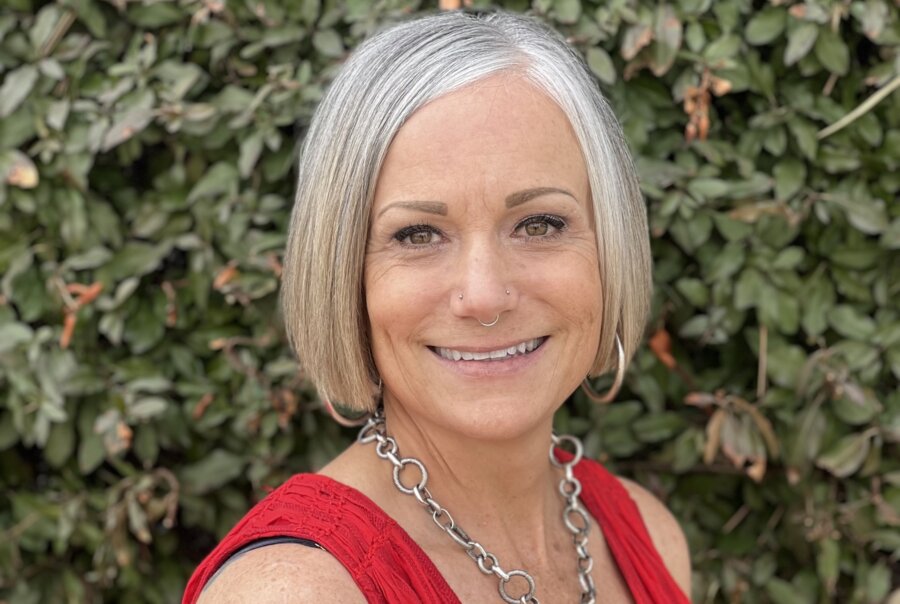
Our Teen Clinical Director, Nikki Summers, has worked in the field for 30 years. Fifteen of those years were spent specializing in teen clients and their families. We asked her to share some of her insights into this important demographic.
What do you think are the most important areas of focus when treating teens?
- Family System. The family system is the training ground for skill development and healthy attachments. Parents must be equipped to assist their teens in the process of recovery. Redpoint provides weekly family therapy to support parents and educate them on effective ways to interact, bond, and communicate with their teen. In addition, family therapy focuses on enhancing the dynamics of the entire family system to create a healthier level of functioning and to increase the teen’s sense of safety. Healthy attachment, effective coping skills, and a sense of safety are key to a fulfilling life.
- Trust. Treating teens is challenging because they often feel misunderstood and unheard by adults. In addition, they often feel they do not belong in the world. Redpoint wants them to feel they are fully accepted and welcomed the moment they enter our door, which is why we strive to create a family-oriented environment with staff who are available to greet the teens when they arrive for programming and spend time hanging out with them before their sessions. We listen to them, hear them, and make every effort to understand them.
- Compassion. The prominence of shame in our society significantly affects teens, who often struggle with low self-worth. We understand that many support systems fail to model compassion and self-love. Redpoint focuses on empowering teens to feel worthy and teaching them how to be self-compassionate. We implement a strength-based approach by focusing on the teens’ strengths and positive attributes to assist them in recognizing their potential.
What do you think are a few of the significant problems affecting teens today?
- Social media platforms have created a multitude of problems, such as cyberbullying, addiction, isolation, body dysmorphia, low self-worth, depression, and anxiety.
- Our society is experiencing a rapid progression in the number of teens addicted to substances. The accessibility to drugs has increased, and the fentanyl epidemic poses a significant threat to our youth.
- The world is experiencing many humanitarian crises, such as climate change, economic turmoil, armed conflict, and racial crimes to name a few. These issues affect the overall sense of peace and safety of the population. The worlds’ youth are disproportionately affected by humanitarian crises because of their inherent vulnerability. These issues expose millions of teens to unthinkable forms of violence, exploitation, abuse, and neglect, which affect their survival, growth, and development.
What modality do teens respond to most effectively and why?
Although I use a variety of modalities to treat teens, I believe they respond best to experiential therapies. Teens often struggle to share their emotions and verbalize their thoughts due to a fear of being judged or shamed. In addition, many of them have not be taught how to express themselves. Through various forms of experiential modalities, teens are given the opportunity to express their emotions in a less vulnerable fashion. When they have established a higher level of comfort with their peers and therapist, other types of experiential therapies are beneficial in reaching them on a deeper level and allowing their unconscious experiences to become conscious while increasing their awareness of the underlying causes of their emotions, actions, and thoughts.
With the unique challenges that teens face, having age-appropriate care for teens is necessary for the best approach to healing. At Redpoint’s Longmont location, we create a supportive and dedicated atmosphere of healing for teens to address the use of drugs and alcohol while still tending to their own daily lives. We are prepared to help you or your teen with dedicated, proven strategies, all backed by a community of support, caring, and understanding. Between our use of experiential therapies and proven strategies, we can help you create the best approach to helping you get wholly involved in your own sober transformation. For more information on how we can personalize a program for you, call us today at (303) 710-8496.



